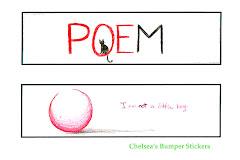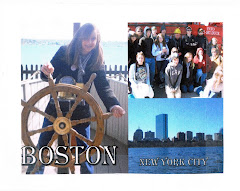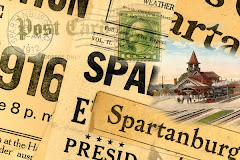
On the literary map, travel from Berkeley, California, to Seattle, Washington.
Calculate:
# _____________ Miles to Seattle, Washington.
$ _____________ Cost for Gasoline to Seattle, Washington.
Visit Theodore Roethke at www.Poets.org and fill-in-the-blanks.
Calculate:
# _____________ Miles to Seattle, Washington.
$ _____________ Cost for Gasoline to Seattle, Washington.
Visit Theodore Roethke at www.Poets.org and fill-in-the-blanks.
"Theodore Roethke was born in Saginaw, Michigan, in _________________. As a child, he spent much time in the greenhouse owned by his father and uncle. His impressions of the natural world contained there would later profoundly influence the subjects and imagery of his verse. He taught at various colleges and universities, including Lafayette, Pennsylvania State, and Bennington, and worked last at the University of __________________________, where he was mentor to a generation of Northwest poets that included David Wagoner, Carolyn Kizer, and Richard Hugo. Theodore Roethke died in _________________________. "
Read "My Papa's Waltz."
(Note: These are memories of a rough father -- but not a poem about child abuse.)
The whiskey on your breath
Could make a small boy dizzy;
But I hung on like death:
Such waltzing was not easy.
We romped until the pans
Slid from the kitchen shelf;
My mother's countenance
Could not unfrown itself.
The hand that held my wrist
Was battered on one knuckle;
At every step you missed
My right ear scraped a buckle.
You beat time on my head
With a palm caked hard by dirt,
Then waltzed me off to bed
Still clinging to your shirt.
Now follow along with the poem as you listen to “My Papa’s Waltz.”
Read "Elegy for Jane" and answer the questions.
(Roethke: for my student, thrown by a horse)
I remember the neckcurls, limp and damp as tendrils;
And her quick look, a sidelong pickerel smile;
And how, once startled into talk, the light syllables leaped for her,
And she balanced in the delight of her thought,
A wren, happy, tail into the wind,
Her song trembling the twigs and small branches.
The shade sang with her;
The leaves, their whispers turned to kissing,
And the mould sang in the bleached valleys under the rose.
Oh, when she was sad, she cast herself down into such pure depth,
Even a father could not find her:
Scraping her cheek against straw,
Stirring the clearest water.
My sparrow, you are not here,
Waiting like a fern, making a spiney shadow.
The sides of wet stones cannot console me,
Nor the moss, wound with the last light.
If only I could nudge you from this sleep,
My maimed darling, my skittery pigeon.
Over this damp grave I speak the words of my love:
I, with no rights in this matter,
Neither father nor lover.
I remember the neckcurls, limp and damp as tendrils;
And her quick look, a sidelong pickerel smile;
And how, once startled into talk, the light syllables leaped for her,
And she balanced in the delight of her thought,
A wren, happy, tail into the wind,
Her song trembling the twigs and small branches.
The shade sang with her;
The leaves, their whispers turned to kissing,
And the mould sang in the bleached valleys under the rose.
Oh, when she was sad, she cast herself down into such pure depth,
Even a father could not find her:
Scraping her cheek against straw,
Stirring the clearest water.
My sparrow, you are not here,
Waiting like a fern, making a spiney shadow.
The sides of wet stones cannot console me,
Nor the moss, wound with the last light.
If only I could nudge you from this sleep,
My maimed darling, my skittery pigeon.
Over this damp grave I speak the words of my love:
I, with no rights in this matter,
Neither father nor lover.
What is an elegy?
The first five lines give a sense of Jane as a person. What do such phrases as “quick look,” “light syllables,” and “delight of her thought” tell of her personality?
Roethke often expresses complicated feelings through images drawn from simple aspects of nature. Give an example here.
In the poem’s last stanza, what element complicates the poet’s feelings for Jane?



















